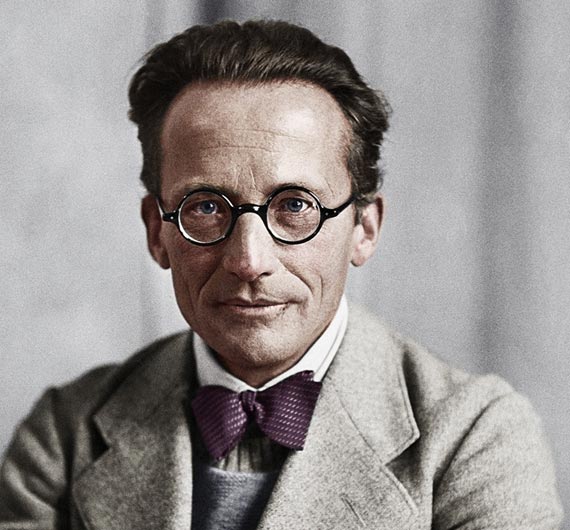Why was Werner Heisenberg Awarded the Noble Prize for Physics in 1932?
Werner Heisenberg: Nobel Laureate and Pioneer of Quantum Mechanics (1932)
Werner Heisenberg, a German physicist, made groundbreaking contributions to the field of quantum mechanics during the early 20th century. Renowned for his fundamental contributions to the uncertainty principle and matrix mechanics, Heisenberg played a pivotal role in revolutionizing our understanding of the quantum world. In recognition of his exceptional research, he was awarded the Nobel Prize for Physics in 1932. This article explores the reasons behind Heisenberg’s prestigious honor and highlights his remarkable scientific breakthroughs.

Uncertainty Principle and Matrix Mechanics:
Werner Heisenberg’s Nobel Prize was primarily awarded for his formulation of the uncertainty principle and the development of matrix mechanics. In 1927, Heisenberg introduced the uncertainty principle, which states that certain pairs of physical properties, such as position and momentum, cannot both be precisely known simultaneously. This principle fundamentally challenged the classical notion of determinism and paved the way for a new understanding of the quantum world.
Werner Heisenberg matrix mechanics, developed in collaboration with Max Born and Pascual Jordan, provided a mathematical framework for describing quantum phenomena. Using matrices, Heisenberg formulated equations that represented observable quantities and their corresponding operators. This innovative approach provided a mathematical foundation for the interpretation of quantum mechanics and led to further developments in the field.
Quantum Mechanics and Fundamental Contributions:
Heisenberg’s work on uncertainty and matrix mechanics had far-reaching implications for quantum mechanics. His uncertainty principle highlighted the inherent limits of measurement and the probabilistic nature of the quantum world. It marked a departure from classical determinism and led to a profound shift in our understanding of the behavior of particles and the nature of physical reality.
Matrix mechanics, along with complementary developments in wave mechanics by Erwin Schrödinger, laid the foundation for the mathematical formalism of quantum mechanics. Heisenberg’s contributions, such as the development of commutation relations, played a crucial role in the understanding of quantum operators and the calculation of measurable quantities.
Impact on Physics and Subsequent Research:
Werner Heisenberg work had a profound impact on the field of physics, shaping our understanding of the quantum world and inspiring further research. Quantum mechanics revolutionized our understanding of atomic and subatomic phenomena, offering a comprehensive framework that unified various areas of physics.
Heisenberg’s uncertainty principle and matrix mechanics provided essential tools for the calculation of atomic spectra, the behavior of electrons, and the interpretation of quantum phenomena. They paved the way for advancements in fields such as particle physics, quantum field theory, and condensed matter physics. Heisenberg’s work also had practical applications, particularly in the development of technologies such as quantum computing and quantum cryptography.
Recognition and Legacy:
Werner Heisenberg’s Nobel Prize for Physics in 1932 honored his exceptional scientific achievements and the transformative impact of his work on quantum mechanics. His formulations of the uncertainty principle and matrix mechanics revolutionized our understanding of the quantum world, challenging classical determinism and providing a mathematical framework for quantum phenomena.
Heisenberg’s contributions continue to shape the field of quantum mechanics and inspire further research into the fundamental nature of the universe. His work serves as a testament to the power of innovative thinking and theoretical insights in pushing the boundaries of scientific knowledge.
Conclusion:
Werner Heisenberg’s Nobel Prize for Physics in 1932 celebrated his groundbreaking contributions to quantum mechanics and his formulation of the uncertainty principle and matrix mechanics. His work revolutionized our understanding of the quantum world, challenging classical determinism and providing essential mathematical tools for the interpretation of quantum phenomena. Heisenberg’s legacy continues to inspire scientists and remains fundamental to our understanding of the fundamental nature of the universe.




